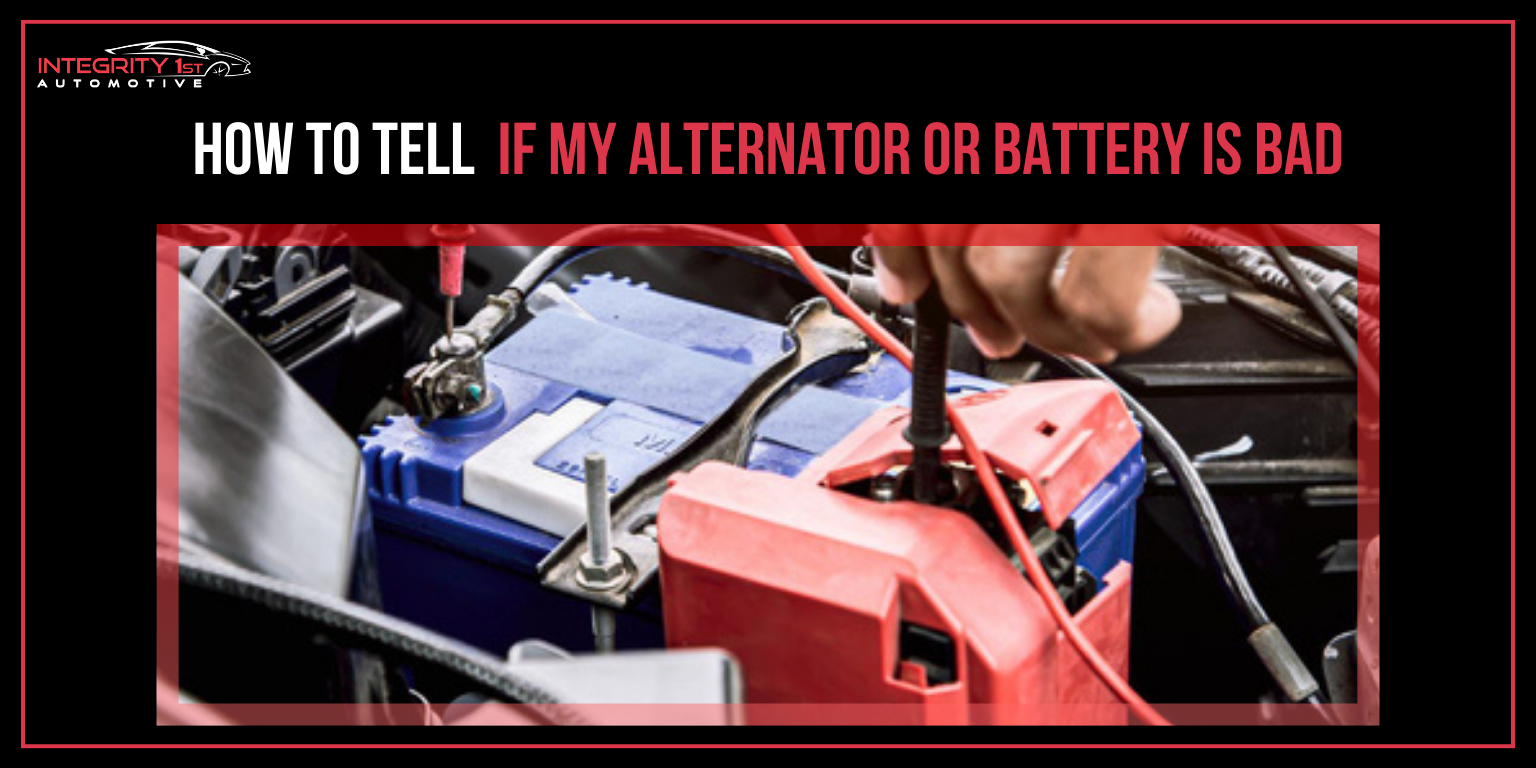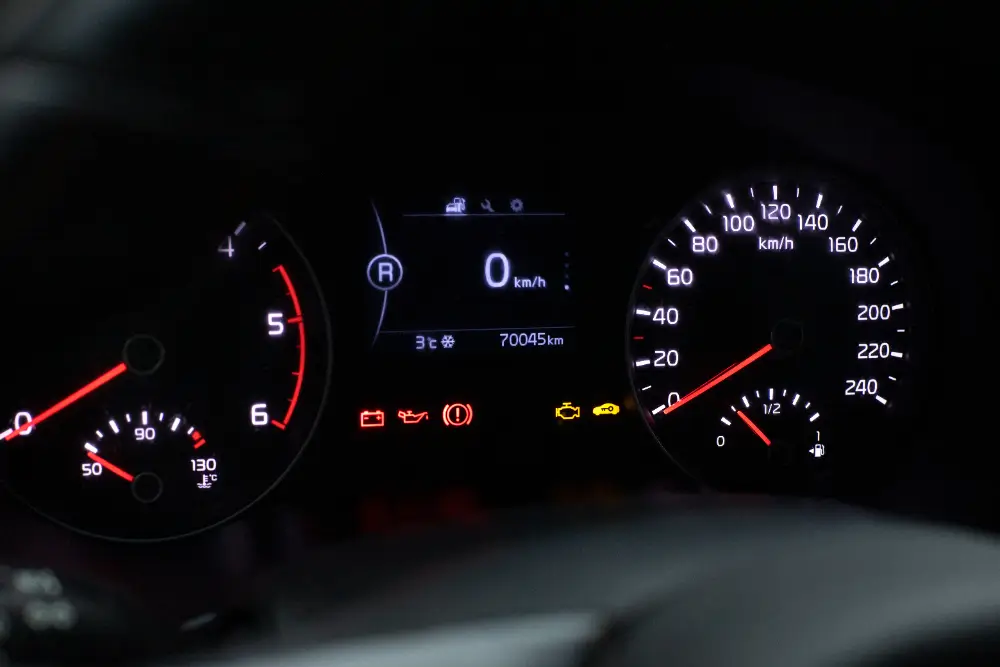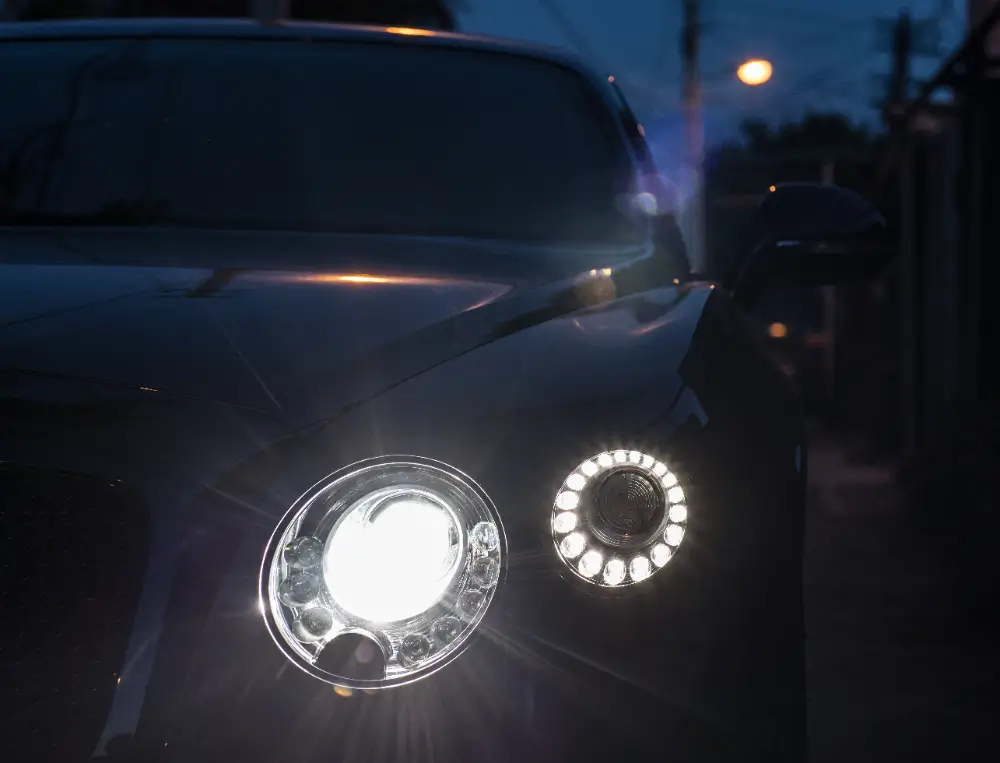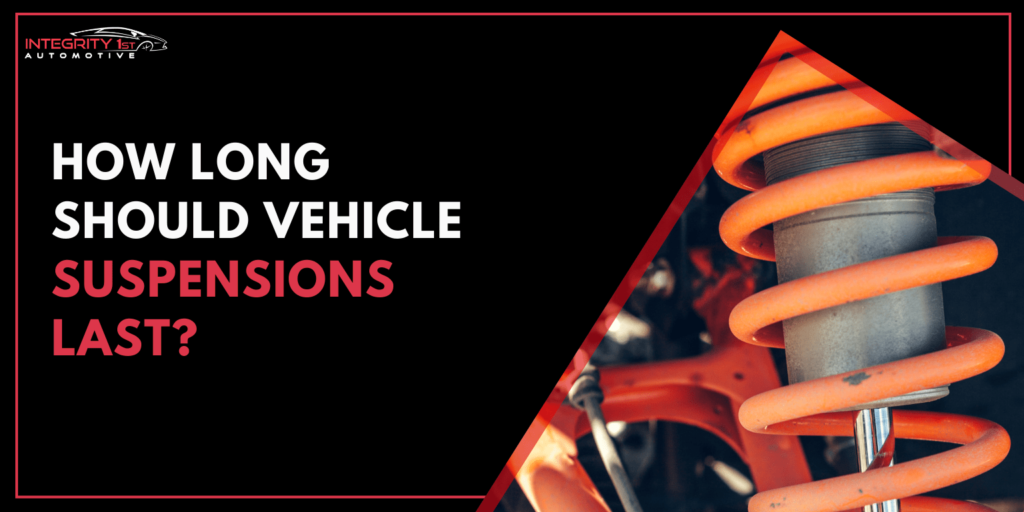If your battery warning light is turning on and you are hearing an odd sound from your car, your alternator is probably malfunctioning. Knowing these signs will help you realize when your alternator is malfunctioning and needs replacement.
Actually, knowing how to tell if alternator is bad is critical because it is an essential part of your car’s charging system. When it is not working properly, you might not be able to start your car, and various parts could start dying out prematurely, leading to unnecessary expenses.
That is why we are going to give you the best tips to quickly identify a problem with your alternator.
However, we will start by giving you all the details you need to know about alternators.
What Is a Car Alternator?
An alternator is a mechanical piece in your car that acts as an electromagnetic generator in your car’s charging system. Essentially, it powers all of the electric systems in your car and maintains the battery’s charge.
Your alternator is linked to other electrical parts of your car. It consists of a chain, pulley, wires, and other parts that control the engine’s combustion rate.
So when it functions properly, your electronic equipment, such as light, gets a steady voltage they need to operate.
How to Tell if My Alternator or Battery Is Bad

Sometimes it’s confusing to figure out if your vehicle’s struggles come from the battery or the alternator. In line with the idea to distinguish between the two, we’ll explore each potential sign and explain whether it points more towards a faulty battery or a malfunctioning alternator.
Keep these distinctions in mind as you read on, so you can zero in on the real culprit faster.
1. Battery Warning Light Is on
Checking your battery warning light on your dashboard is the first way to know how to tell if your car alternator is going bad.
This light not only indicates when there is a problem with your battery but also other parts of your car’s charging system.
When the alternator malfunctions, it can lead to very high or low voltage. This will cause the battery warning light to turn on or to flicker. In fact, if you see that it keeps flickering, it is a definitive sign that the problem is the alternator.

2. Dim or Overly Bright Lights
Examining your lights is another simple way to tell if battery or alternator is bad. Since the alternator controls the voltage output of the lights, if it malfunctions, the output will be uneven.

This way, you will notice that your lights are sometimes dim or bright. Your lights might quickly flicker, too.
If you find that you often have to change your lights, the problem might be that the alternator is consistently providing an excessive output.
In contrast, if your lights remain dim or flicker only when you first start the car, you may be dealing with a weak battery rather than a failing alternator.
3. Dead Battery
If you want to know how to tell if car alternator is going bad, you can also pay attention to your battery. If it has died, keeps dying, or does not charge properly, the problem could be the alternator as opposed to the battery itself.
This is especially true if your battery is dying prematurely. According to reports, the average lifespan of a car battery is 3 – 5 years, although electric cars may last up to 20 years.
When the alternator is under-performing, it cannot charge the battery well enough to function, so your car does not start easily.
Likewise, a faulty alternator can drain your battery, leading to batteries after turning the engine off for a while.
However, if you replace your battery and the problem immediately goes away, it could indicate that your alternator was not the culprit.

4. Difficulty Starting or Frequent Stalling
If you find starting your car difficult or it keeps stalling, that is a sign that your alternator is malfunctioning.
When it comes to starting your car, if you only hear a click but the car refuses to start multiple times, it means the alternator is not charging your battery properly.

Meanwhile, if your car keeps stalling, it may be that the alternator is not providing a large enough output to keep the engine running.
On the other hand, a battery on its last legs can also cause hard starts, but if the vehicle dies while driving, that typically points to the alternator.
5. Odd Noises
Strange sounds are yet another way to know how to tell if an alternator is going bad. So, you should lift your hood and listen for a growling or whining sound.
This sound can indicate that your alternator’s parts are misaligned or have damage. This can cause them to rub, which creates a strange sound.
Grinding noises could come from the alternator bearings, while clicking noises could stem from the battery’s inability to supply enough power.

6. Burning Smells

Interestingly, you can also use your sense of smell to tell if alternator is going bad. After you lift your hood, you should smell the area near the alternator.
If it smells like burnt rubber, it could mean that your alternator’s parts are wearing out. In particular, the belt part of the alternator or its wires can burn and give off this smell.
7. Electronic Features Malfunction
Assessing frequently malfunctioning electronic accessories is the final way to know how to tell if car alternator is bad.
Since the alternator ensures the different accessories in your car receive power, they can turn off, under-perform, or flicker on and off when it malfunctions. Alternatively, a malfunctioning alternator may slow their operations.
However, if electronics fail only upon startup and then work fine once the engine has been running for a bit, the battery may simply be weak or failing.

Battery vs. Alternator at a Glance: Quick Reference
1. If jumpstarting fixes the problem and you stay running, the battery is suspect.
2. If the car runs only briefly after a jump, the alternator might be at fault.
3. Dim or flickering lights while driving often indicate alternator troubles.
4. Constant battery warning light signals your charging system (often the alternator) is struggling.
5. Clicking noises during start-up point to a weak battery; grinding or whining may indicate alternator wear.
6. A strong burnt rubber smell often relates to alternator belt stress.
7. Electronic accessories malfunctioning mid-drive can be tied back to a failing alternator.
Looking to Replace Your Car Alternator or Battery?
Once you have noticed one or more signs that there is a problem, the next step is to get in contact with Integrity 1st Automotive. Our team not only has the expertise to tell if your battery or alternator is bad but also to pinpoint this issue.
With our service, you will address the underlying issue and find a lasting solution. In fact, our replacement parts have a 3-year warranty, and we have Automotive Service Excellence certification.
In addition, you can seek out the following service at any of our Texas locations:
- State compliant inspections
- Battery repair and replacement
- auto electrical diagnosis
- Engine light diagnosis
- drive train repairs
Recap
In our discussion, we established 7 ways to determine how to tell if alternator is bad. From the battery warning light to malfunctioning accessories and lights, your car will give you all sorts of indications that there is a problem with your alternator.
You can even use different senses to find out if the alternator has burning parts or is making strange sounds. However, the most critical signs are a dead battery and difficulty starting or stalling.
When in doubt, remember to consider whether the battery itself might be the root cause. Distinguishing one from the other saves time, money, and future repairs.
If you are looking for any repair or replacement service for your vehicle, reach out to expert technicians at Integrity 1st Automotive. Our professionals will verify the problem and provide solutions accordingly, making your riding experience a pleasure.
Frequently Asked Questions
1. How do you check if the alternator is bad?
You can check if your alternator is bad by using a battery voltage test. If your results are between 13 – 14.5 volts, your alternator is functioning properly. Otherwise, your alternator has gone bad.
2. How do you tell if it’s the battery or alternator that is bad?
You can tell if the battery or the alternator is bad by jumpstarting your car. If your alternator is bad, your car should still be able to run but only very briefly. This indicates that the alternator does not provide the battery with a sufficient output. However, if it continues to run while connected to jumper cables, then the battery is malfunctioning.
3. What makes a car alternator go bad?
Extreme temperatures, irregular use, and poor maintenance can make a car alternator go bad. Likewise, foreign material such as engine oil leaking on the alternator or salt and water can damage it. Nonetheless, age and use will eventually make your alternator go bad.




